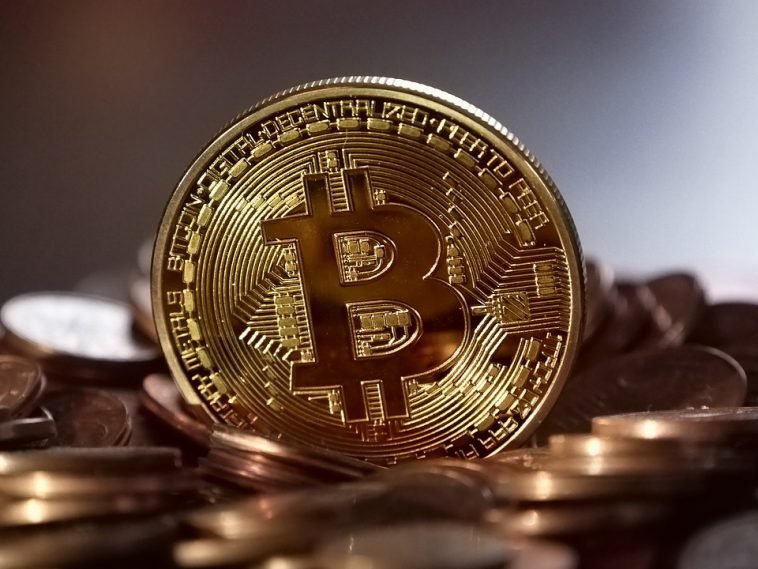Several months after the Central Bank of Nigeria (CBN) issued regulations to oversee the operations of digital asset providers, the country has directed its telecom companies to block access to cryptocurrency-related websites, including prominent platforms like Binance, OctaFX, and Coinbase. This move comes as a follow-up to the CBN’s decision in December 2023 to retract its previous ban from February 2021 on cryptocurrency transactions, thereby altering its position towards crypto assets.
The recent measure to limit access to these crypto websites is intended to curb speculative activities on currencies within Nigeria. In response to grievances from users who were unable to purchase dollars, Binance clarified that its service is not intended for currency pricing, amid the new restrictions.
A user on X, @MikaelCBernard, posted a tweet stating, “Dollars are no longer available on Binance. It seems like Binance traders have decided to strike. You’re able to sell but unable to buy.”
In response, Binance affirmed its dedication to providing a platform that is driven by market forces and is free from fraud and manipulation for its users. The company also stated, “Additionally, as frontrunners in the industry, we are collaborating closely with local officials, legislators, and regulatory bodies to address any instances of non-compliance.”
On Wednesday, the company announced a temporary halt in transactions to safeguard its users against potential price drops. In response to speculation that its platform was a hotspot for currency trading speculation, the company clarified, “It’s crucial to understand that foreign exchange rates are subject to a myriad of intricate factors, over which Binance holds no sway.
“Nonetheless, we remain committed to engaging with regulators, policymakers, and other key stakeholders to promote a dialogue that is both open and transparent, aiming to navigate the changing terrain of cryptocurrency and financial markets effectively.”
In developments that initially emerged as rumors, the Nigerian Communications Commission has directed telecom companies to restrict access to the websites of Binance and other cryptocurrency entities.
A leading figure in the telecommunications sector revealed that the regulatory body issued a mandate today for telecom companies to implement a restriction with immediate effect. As of now, there’s no specified duration for this limitation. This move mirrors the action taken in 2021 when Nigeria imposed a ban on Twitter, directing telecom providers to block access to the site.
Earlier today, there were emerging reports suggesting that the government might prohibit access to the digital platforms of Binance and other cryptocurrency companies, aiming to halt the ongoing distortion of the foreign exchange market. Prior to its restriction, the exchange rate on Binance stood approximately at N1,850 to the dollar.
The government has implemented several strategies to halt the economic decline. In a recent move, it directed the Economic and Financial Crimes Commission to detain operators of Bureau de Change for engaging in speculative practices.
Reuben Mouka, the Public Affairs Director at the NCC, expressed his unawareness of any orders given to telecommunications companies by the NCC. “Such information has not come to my attention. This could be because we’re more focused on the softer aspects of regulating ICT.
“Just because the NCC handles the infrastructure aspect of ICT doesn’t imply that we oversee the regulation of websites and social media,” he explained.
Nigerians have voiced their concerns over a recent decision by the government, taking to X (previously known as Twitter) to express their dissatisfaction regarding the inaccessibility of the Binance website. This issue was also verified by BusinessDay through the MTN network.
A post on X by Adebayo Juwon, co-founder of Finna Protocol, a comprehensive ecosystem for Stablecoins, revealed, “Just received information that the CBN has instructed MTN to block access to all cryptocurrency websites. Although the implementation might not be immediate due to the necessary approval processes, it appears to be inevitable.”
Nigerians are expressing their frustrations over a recent development, as @unicodeveloper tweeted, “In the year 2024, it’s astonishing that Binance is being blamed for the foreign exchange issues of a nation with a population of 200 million and a 2023 budget of $34 billion.”
@eldivyn made a sarcastic remark, saying, “Apparently, the $2 million spent on Binance is what’s causing the dollar’s value to plummet… It’s like blaming the pedestrian for the car’s braking issues.”
@Anthony Azekwoh chimed in with, “The issue isn’t Binance or the Naira’s exchange rate – it’s the profound systemic issues that have been ignored, which every living economist has been highlighting for the last eight years.”
In 2021, despite Nigeria’s Twitter ban, its citizens continued to access the platform using VPN apps. This resilience is mirrored in the country’s cryptocurrency activities, with Nigeria being home to one of the world’s largest crypto communities. According to a 2023 report by Chainalysis, a leading blockchain analytics company, Nigeria saw crypto transactions worth $56.7 billion from July 2022 to June 2023.
Chimezie Chuta, the founder and coordinator of the Blockchain Nigeria User Group, criticized the government’s focus on trying to solve the naira’s problems by targeting crypto transactions. He argues that this approach is flawed and unsustainable due to the multitude of alternative crypto exchange methods available. He believes that social media platforms can easily bridge the Peer to Peer exchange gap, potentially exacerbating the situation. Chuta shared these insights with BusinessDay, highlighting the government’s misguided efforts.





